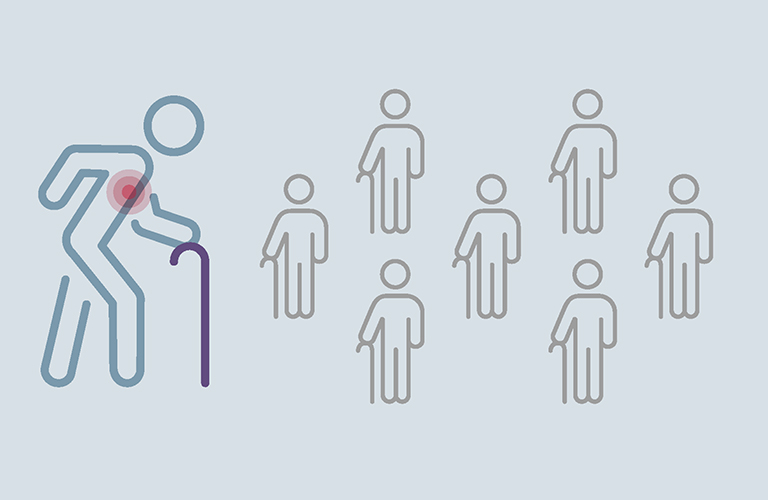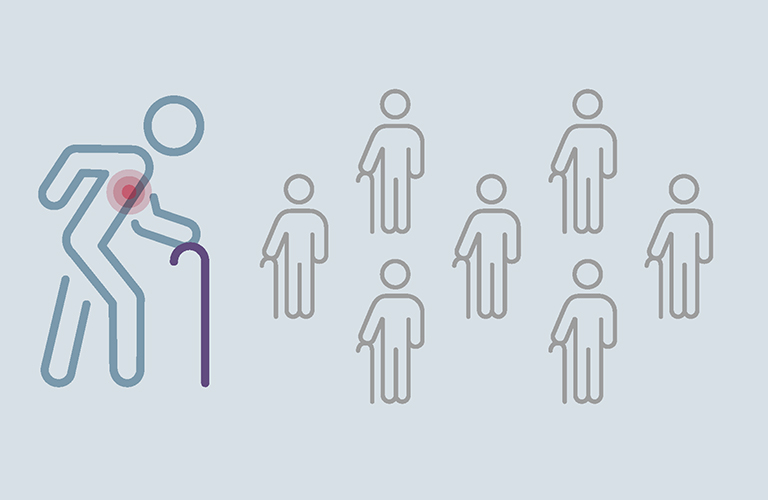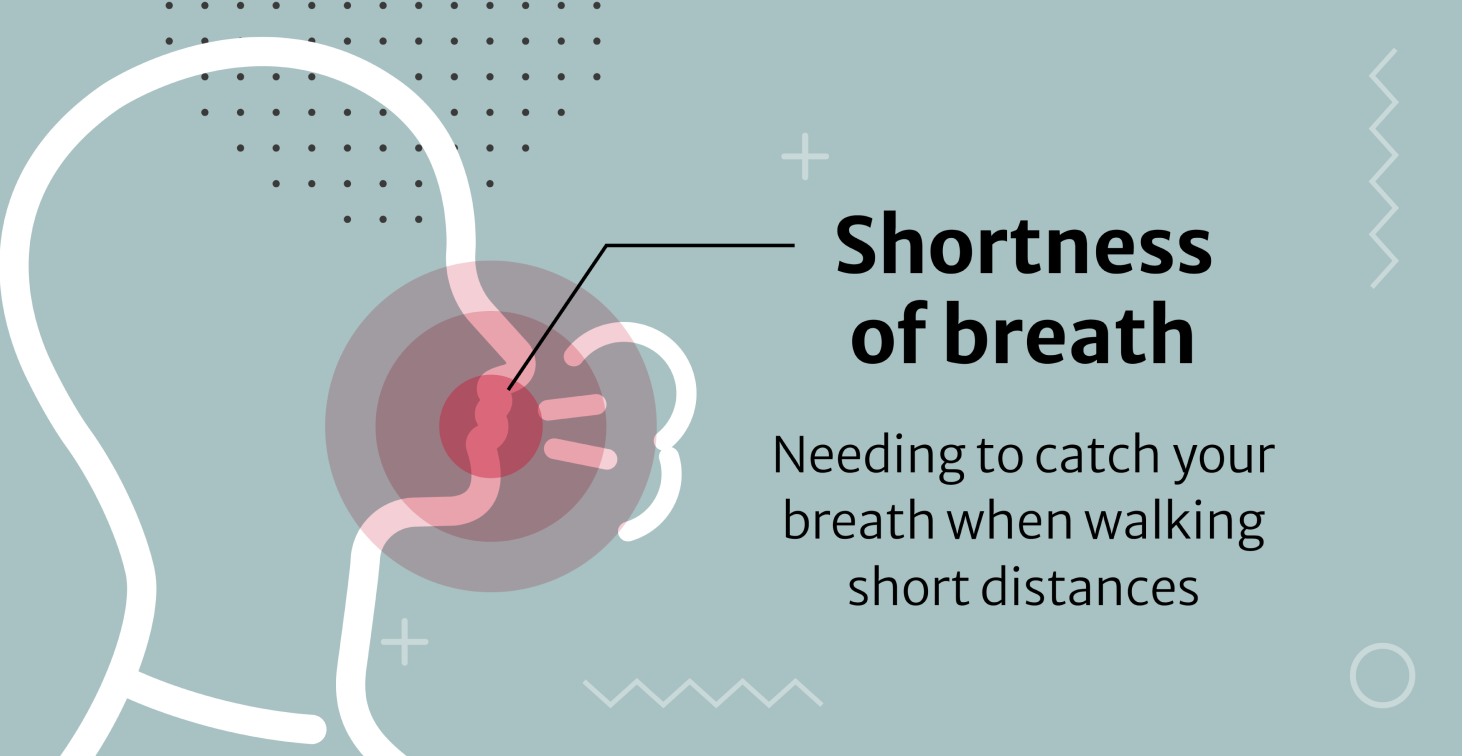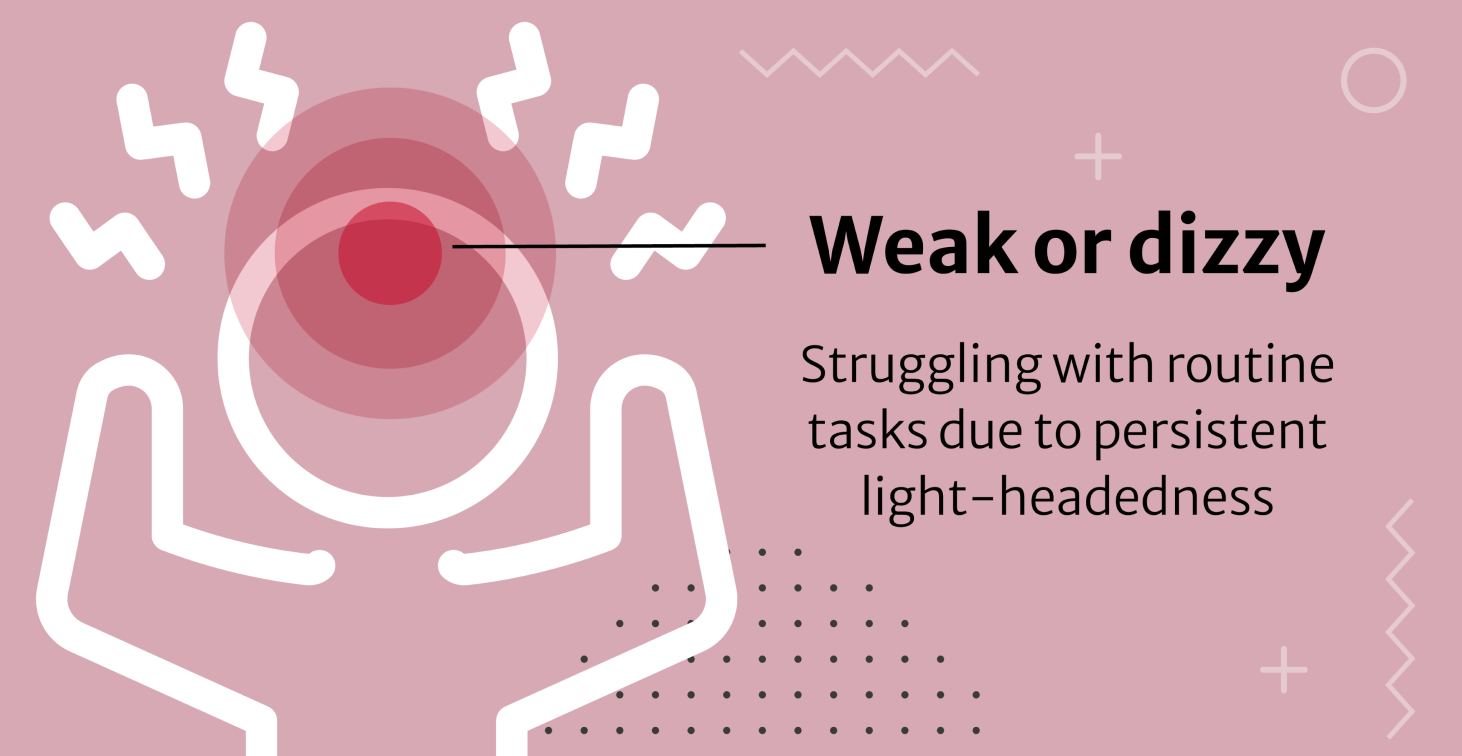What is heart valve disease?
Heart valve disease occurs when one or more of the four valves in your heart doesn’t work properly. This can cause the blood flow between your heart and your body to be disrupted and can lead to many health problems.1
There are many types of heart valve disease including the most common one among elderly patients – aortic stenosis.1
Over 97,000 Australians have severe Aortic Stenosis2
Learn more about aortic stenosis.







 Australia
Australia
 Brazil
Brazil
 Canada - French
Canada - French
 China - Taiwan
China - Taiwan
 Denmark
Denmark
 Finland
Finland
 Germany
Germany
 Italy
Italy
 Netherlands
Netherlands
 New Zealand
New Zealand
 Norway
Norway
 South Korea
South Korea
 Southeast Asia
Southeast Asia
 Sweden
Sweden
 United Kingdom
United Kingdom
 United States
United States











.jpg)



